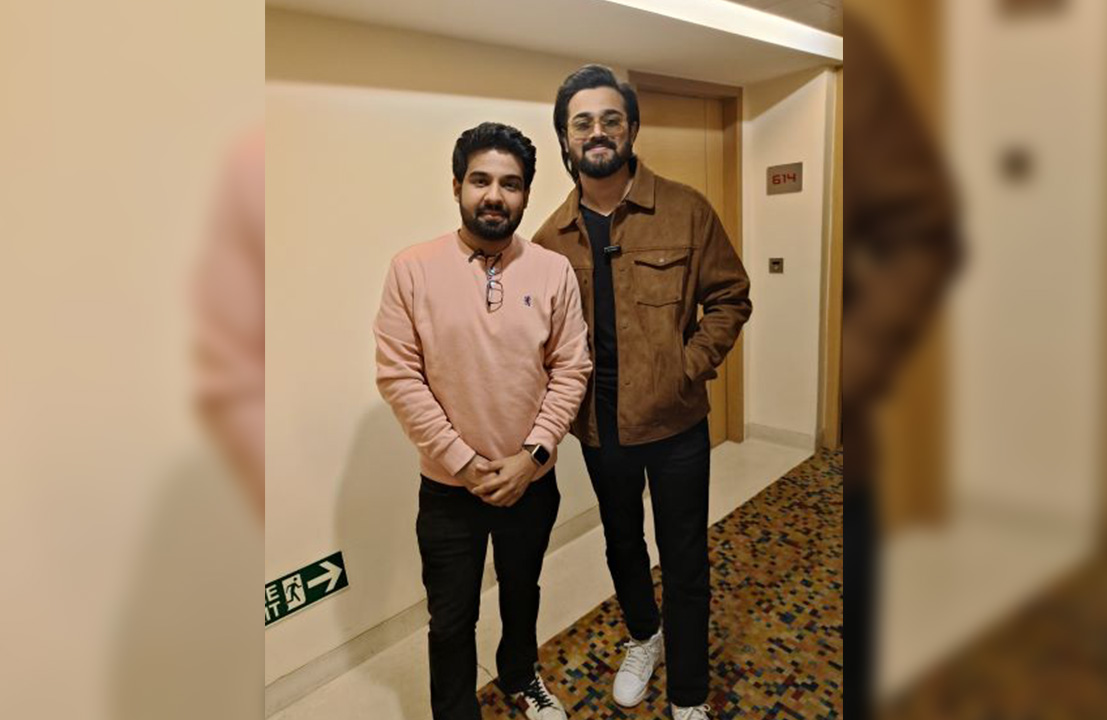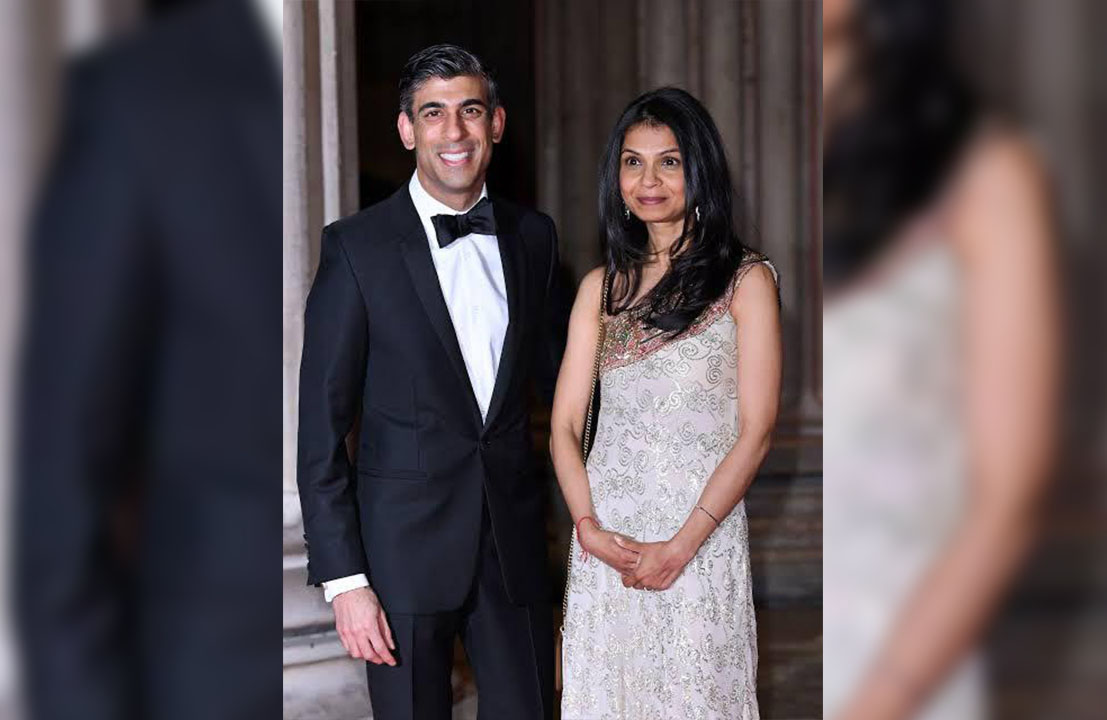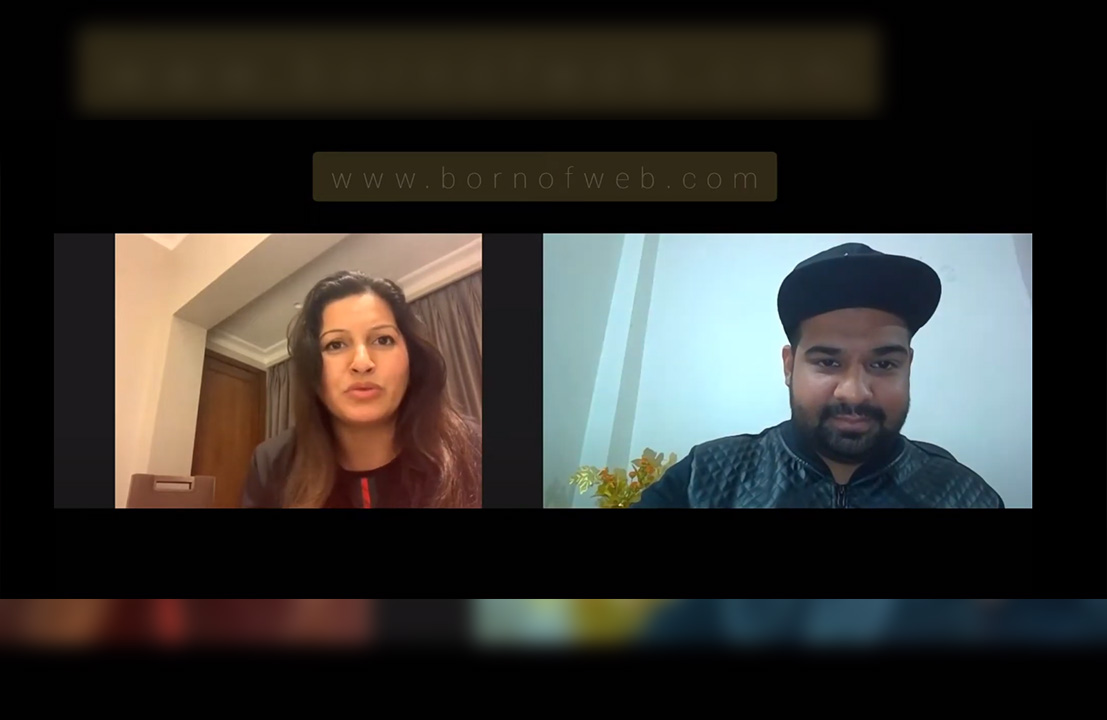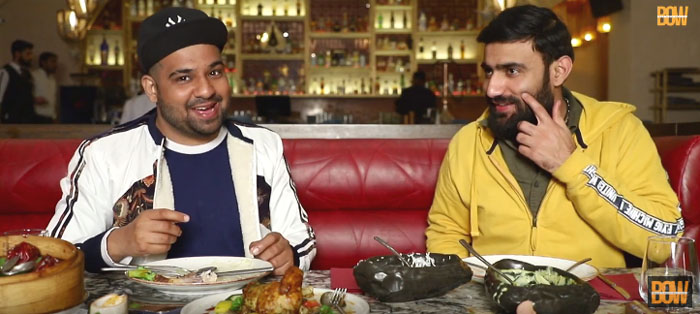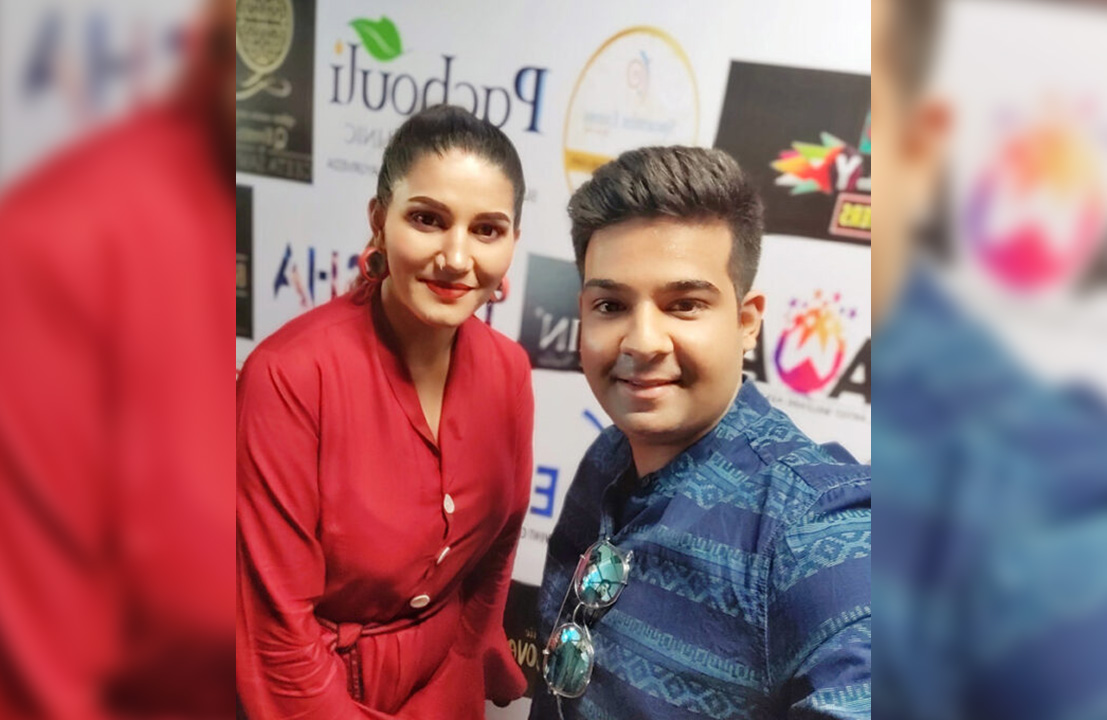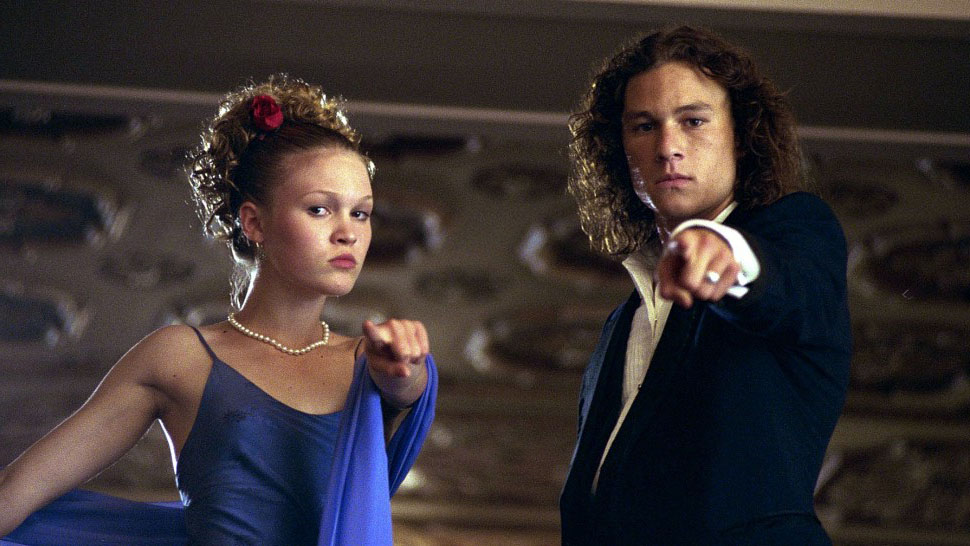
Remember Hollywood films that captured the angst of the young woman going out into the world and discovering new roots and lost horizons? By Arsh Selvyn

To fellow movie lovers and romantics I offer what is hardly any discernible (new)s in the world of today’s churning box office bloomers. There was a time where the idea of cinema reached beyond how a screening would do at the box office and the disappearance of DVD rentals in the dawn of torrents on the Internet have yet not put to bed the idea of cult cinema. Yet even in leaving behind the Nolans and the Kubricks what I would like to raise a call for today is the re-invention of the chick flicks.
Why is there a need for this today? Let me tell you the blatant truth about the puerile degeneration of female icons that we have witnessed in the past two decades. Girls have gone from idolising Kurt Cobain at the stroke of the millennium to football underwear models such as Cristiano Ronaldo and since the events of the Twilight phenomena – we see that the downward spiral into the glittery Edward Cullen has continued. This infantilisation of male sex symbols to cater to a pre-pubescent audience carries with it the most curious corollary; the emergence of the ultra-machismo of the late nineties action movie star, the never ending Rocky series, though palatable productions did emerge as well – with films like Fight Club (1999) being the last true exemplars of such a style.
Having paid our respects to the spectrum in question I’d like to ask the naive yet necessary question about what exactly happened to the genre of classic chick flicks? I’m talking about movies which Hollywood had lovingly put together that captured the angst of the young woman going out into the world and discovering new roots and lost horizons, and somewhere magically along the journey down this yellow bricked road comes the faint whispers of love.
(Don’t Miss) Anoushka Shankar: Composing for a silent movie is the toughest thing I’ve done
(Don’t Miss) Getting married early is the only regret in life: Suchitra Krishnamoorthi
Part of the charm of the early chick flicks from the nineties was that they didn’t feel the need to conceive of the object of their desires either within the hyper-masculinist frame of the action hero, nor did they mythologise his credentials into an immortal sparkly god who lives of blood. Films such as 10 Things I Hate About You (1999) actually humanised our conception of romance within an appreciation of the contemporary that jettisoned us out of the historical epics of romantic tragedy enshrined in blockbusters such as Titanic (1997) and Romeo and Juliet (1996).
Consider for instance how Kat and Bianca negotiate with the boys at school to get around their obstetrician (read stringent) father who lays down the rule that Bianca can date only in the company of the elder daughter, Kat. The singularity of such antagonisms are what leads the rich boy Joey to hire Patrick to date Kat, so that he could ask Bianca out to the prom. The thing with love is that it can never be anticipated or planned for. In the immortal words of Kurt Cobain, we ‘come as we are, as a friend, as a known enemy’ (Come As You Are), we are never prepared to fall in love! Patrick is initially drawn into the deal with the interest of making a quick buck but soon discovers that he has indeed nurtured feelings for Kat.
This is what makes the retroactive encounter with the truth of the situation so traumatic, for even after Kat and Patrick both share a bond together, the realisation that their meeting was part of a gambit set up by Joey to woo Bianca shatters the spell of their romance. It is here however, in such a moment that the real spell of the chick flick weaves its magic! The courage to look past a partner’s follies, to see them as they are in their naked humanness and yet be able to recognise in this disenchanted figure, the one they love. The redemptive logic of the genre is enshrined in precisely such a manoeuvre and we today, in a world mired by illusions and ideals that are scarcely recognisable within the scale of human emotions, must hold on to precisely this gesture!
In broaching such Crossroads (2002), the chick flick truly embarked to novel ports in terms of how the world perceived the liberations and tribulations of the new woman which the millennium had ushered in, and in this light it is hardly possible to ignore Britney Spears. Having established herself as a pop sensation (and hardly anyone in the industry capitalised as sublimely on their puberty as her) we see her venture to the silver screen! Here, again, as the young sex symbol of the millennia, she is yet yarned into perhaps the oldest of all Victorian narratives which features in the genre of Bildungsroman (literally = novel of maturation) where we trace the emotive and personal developments of a character as they mirror in their interiority the historical happenings of the world around them. This is exemplified in the moment where Lucy (played by Britney Spears) steps onto the stage and sings her poem) I’m Not a Girl, Not Yet a Woman, ironically a song about letting go of the past’s promises and wishing nothing of the future. The freedom exercised by such singular media stars may be rare but it is also indicative of the scope and thrust of the early chick flicks.
Such singular cathartic moments are what have nourished the MTV generation since the millennia, and perhaps it is time that we pay homage to them. A heart-warming attempt at this was witnessed in Definitely, Maybe (2008) which follows the infinite deferral of Wills decision to come forth about his love for April, an encounter he finds the courage to undertake only when his daughter Maya asks him about how her parents met. Here, the chick flick truly matures into a genre capable of asking difficult question of our most sacred of institutions and it is precisely the naivety of a child that shields us from the force of some of the harsher realities about life and love. A father opens up to his only daughter about the tribulations of his early relationships and in trying to explain himself, discovers how he has always harboured tender affections for a woman (April) whom he never completely expressed them to.
The self-realisation entailed in this process of confessing to a child, depicts just how far the chick flicks have travelled, from moorings in rebellious young women’s encounters with the conniving world to the humility of an adult perspective willing to learn from a child, and through this, uncovering pent up pangs of love that only an innocent curiosity would glean. At a point where the world is run by an overgrown baby with an orange wig, we need cinema that fosters precisely such a kind of emotional intelligence more than ever.
Let’s Connect! Find exclusive content on your favourite celebrities on below social media links:
YouTube: https://www.youtube.com/c/BornOfWeb
Facebook: https://www.facebook.com/bornofwebIndia/
Instagram: https://www.instagram.com/born_of_web/
Twitter: https://twitter.com/BornOfWeb
Google Plus: https://plus.google.com/u/1/+BornOfWeb
Pinterest: https://in.pinterest.com/bornofweb/
Linkedin: https://www.linkedin.com/in/bornofweb/

